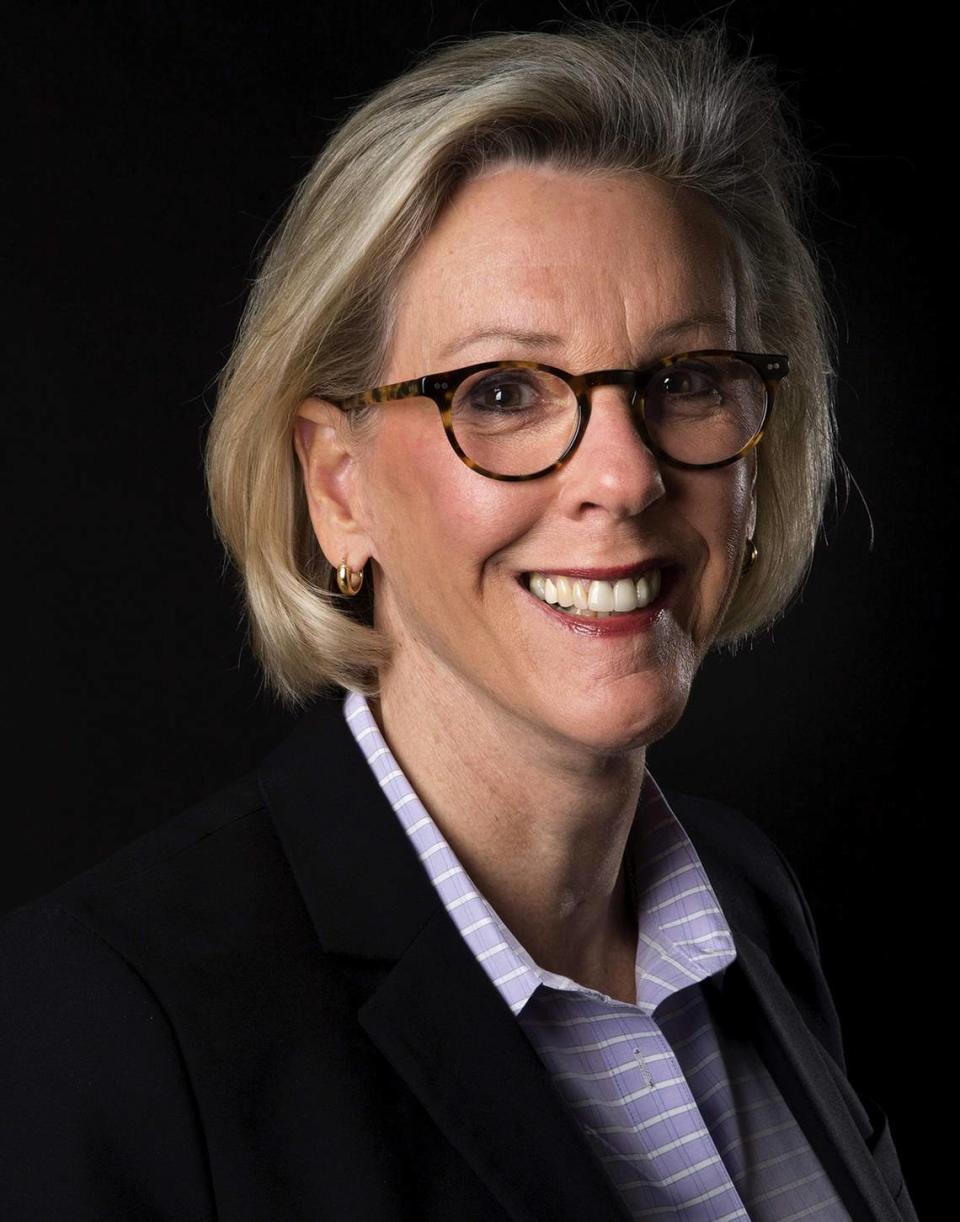More than a decade after shootings of Black suspects, feds end oversight of Miami police
More than a decade after a string of deadly police shootings of Black suspects, the U.S. Department of Justice has formally ended its monitoring of the city of Miami Police Department.
The decision to end a settlement agreement over excessive use of force stemming from the shootings comes two years after the DOJ’s hand-picked monitor had pronounced the city’s police force in compliance.
Miami Mayor Francis Suarez said the decision, relayed in a DOJ memo to Miami police, underlined progress in reforming the police force, which he says is stressing cooperation with the community over antagonism.
“This, while reducing crime by 25 percent last year and having the lowest homicide rate the year before since 1954,” he said on Tuesday. “ I am incredibly proud of our men and women in uniform who sacrifice tremendously and do it professionally to maintain law and order while promoting peace.”
In 2016, Miami and the DOJ agreed to a monitoring settlement after federal investigators determined that Miami police had engaged in a pattern of excessive use of deadly force, particularly over an eight-month period a decade ago in which police shot and killed seven black men. The parties approved the agreement in order to avoid federal courts and costs.
One hand-picked monitor was Jane Castor, a former police chief who was being paid $150 an hour to oversee the reforms. Two years ago Castor announced she was leaving to become Tampa’s mayor and said that as far as she was concerned, the police department had complied with the terms of the agreement. Miami police quickly agreed.

But DOJ wasn’t on board, saying the city needed at least another year of compliance for the agreement to be put in place.
In a two-page memo issued late last week, the DOJ said Miami had “sustained substantial compliance” since Castor’s exit, that the city and the police department had “fulfilled its obligations under the agreement,” and that the agreement should be terminated.
“During the life of the agreement, MPD has implemented significant reforms and improved officer-involved shooting investigations,” wrote Steven Rosenbaum, chief of DOJ’s Special Litigation Section.
Miami agreed to oversight after a scathing federal review of 33 Miami police shootings between 2008 and 2011. The 2013 review by DOJ determined Miami police had violated the U.S. Constitution by engaging in “excessive use of deadly force” and that police were repeating a pattern from years earlier, despite pledges to change the department’s tactics and culture.
A large part of the federal review centered on the seven shootings of black men over an eight-month period during 2010 and 2011. At least two of the men were unarmed. The shootings came after a relatively quiet few years under Chief John Timoney, in which police at one point went 22 months without firing a weapon. When Miguel Exposito replaced Timoney, he beefed up plainclothes street gang units, which he said were responsible for the confiscation of more than 1,000 weapons.
DOJ demanded that Miami police improve training and supervision for its officers and included provisions related to officer-involved shootings, the operation of specialized units and community engagement. The city spent more than two years negotiating the terms before reaching a settlement agreement with DOJ.
Justin Pinn, who chaired a citizen’s advisory board called for under the agreement, said the reforms made by the police department will help make it more accountable in future confrontations with the public.
“The journey and end of federal oversight encountered many challenges regarding proper accountability and transparency,” he said. “However, it is my hope that the last four years of federal oversight be influential to the future decision-making, strategy and vision of the next City of Miami chief of police.”

